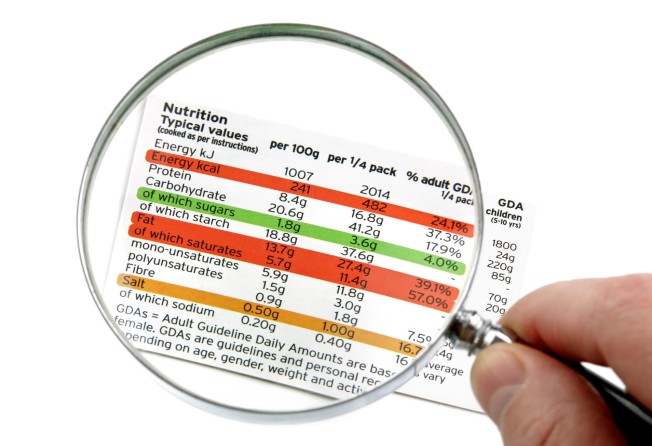
How Hong Kong's food labels only tell part of the story
Food companies use labelling to cash in on sustainable, ecological and healthy eating trends

In a world whose love of labels is no secret, Hong Kong leads in the romance department. Our culture celebrates success with expensive watches, designer handbags and the perfect address.
When I was working as a headhunter, I met employees who would leave their job for the same pay with a new job title or a branded logo on their business card. Historically, we relied on labels as a reputation of quality but these days history is turning its back.
Today's corporations use the traditional convenience argument and million-dollar pitches to make their mark in the expanding health and wellness market. They count on customers not having the time to do their homework as shortcuts are taken and "green washing" takes hold.
When I recently received a wild Hereford beef food promotion, I was curious. Having grown up on a Hereford farm, I know Hereford is one of the original domestic cattle breeds. When asked, the restaurant owner said the beef was "raised wild" in Australia.

After finding nothing in search results and no mention of wild on the Australian Hereford Society website, I narrowed my search to "wild Hereford" and the only results returned were from Hong Kong restaurants promoting the wild Hereford brand.
I was similarly surprised to see gluten-free vodka. It seemed unlikely gluten would survive distillation or those living with celiac disease would need to be told.
Sifting through search results for gluten-free everything, I found scientific evidence confirming my intuition. I also learned of the new US Food and Drug Administration regulations passed in August allowing gluten-free labelling on everything from bottled water to fruits and vegetables.
The secret to getting behind the label is usually on the label itself. Last week, I came across a peanut butter presented as healthy, whole and eco-friendly. The front label on the glass (not plastic) jar featured of a variety of trees and the product inside appeared less processed. The label on the back revealed only three ingredients. Good news. As they are listed by quantity from largest to smallest by weight, I was happy to read sea salt last. However, the middle ingredient caught my attention: palm oil. The trees on the label now seemed impossible so I put the product back on the shelf.
The leading cause of biodiversity loss in Asia, palm oil came to fame during the trans fats war when 2014 European Union packaging regulations removed the generic term "vegetable oil" from food labels.

The story of sustainable palm oil - also found in soaps, washing powder, cosmetics and biofuels - takes us into the rainforests of Indonesia and Malaysia, the top two global exporters. Rainforests are destroyed, greenhouse gases are released and extinction is under way because the certification does not address these issues.
The food industry is investing millions to capitalise on the healthy eating trend and now food fraudsters are coming up with clever new ways to replace expensive real food with cheap fake alternatives. E numbers are codes for synthesised additives like colouring, thickeners, stablisers and flavour enhancers, such as E621, aka monosodium glutamate.
Marketing plays a key role in shaping the way we see products and services. Companies invest millions to tell a story and give a certain mark with a certain meaning. As 21st century customers, the story is ours to read.
Unfortunately, when it comes to food, there are no shortcuts in our quest to uncover the truth behind the label. A holistic approach works best - learn about where food comes from, how it is made and what companies are allowed to include on their labels. While there is no single watchdog, a quick internet search yields an abundance of results that will answer your questions and lead to more on your road to awareness.
Kinzie is the founder of HK heartbeat, the city's first and only natural network sharing fresh content and local connections for conscious everyday choices since 2001